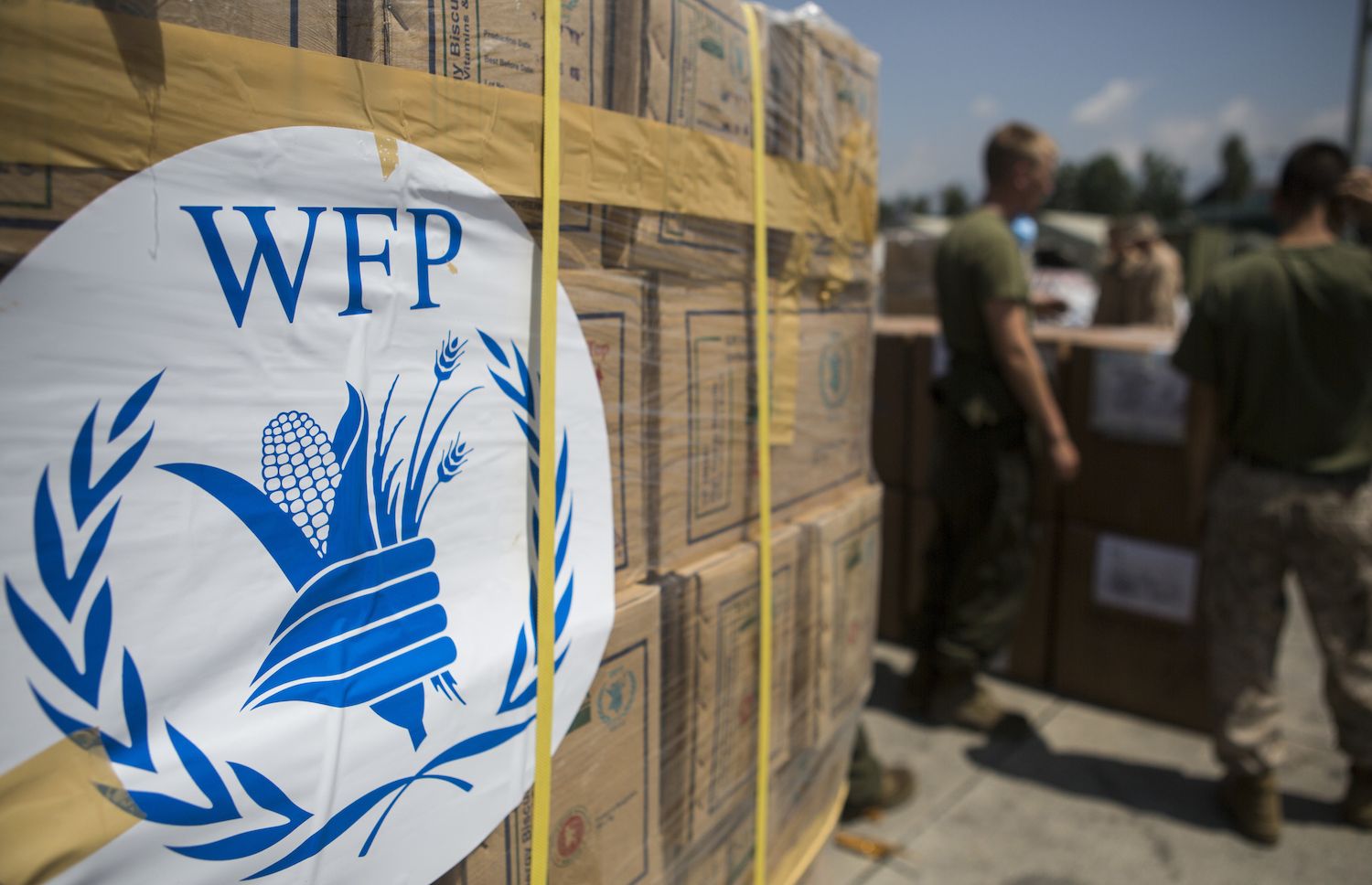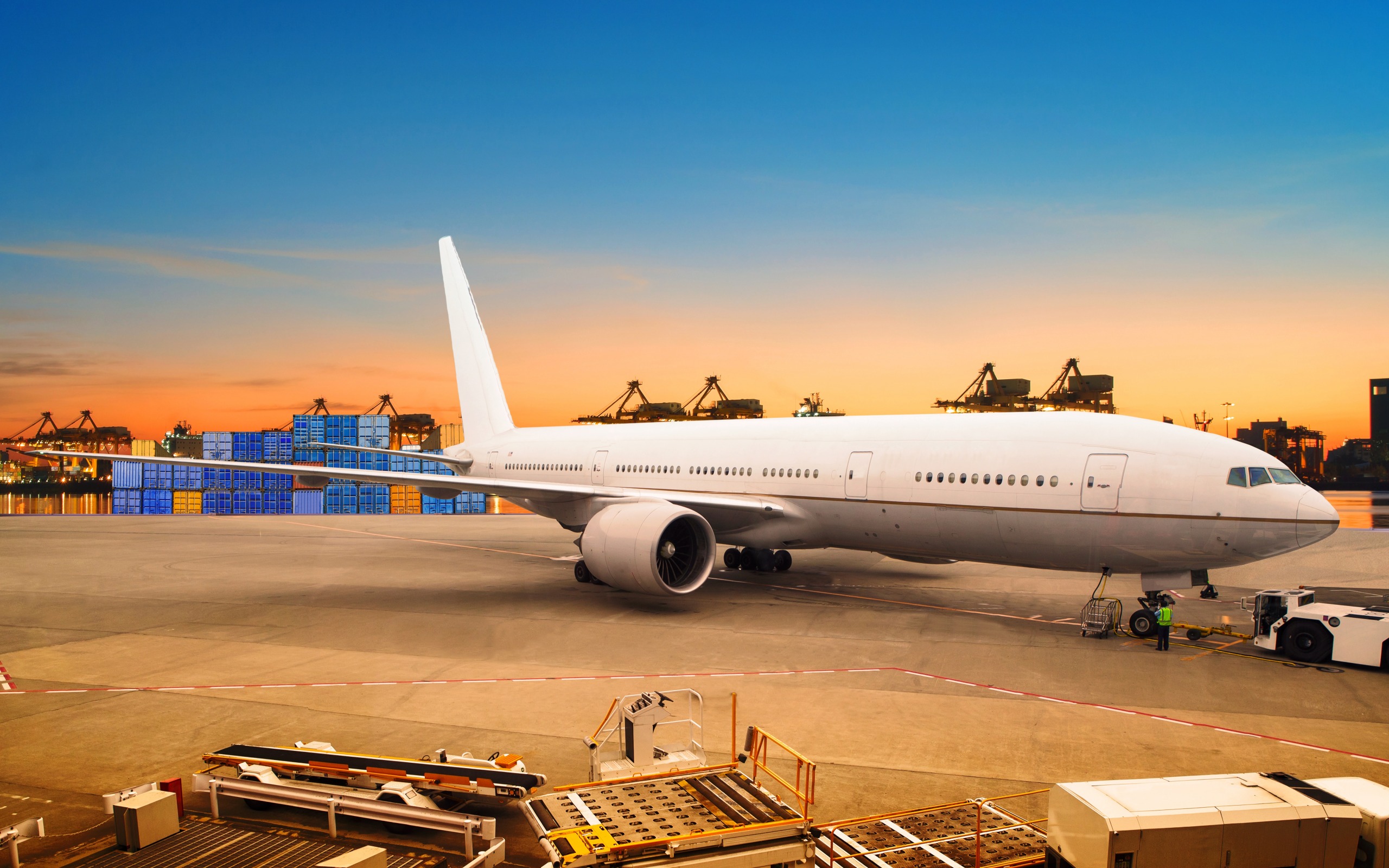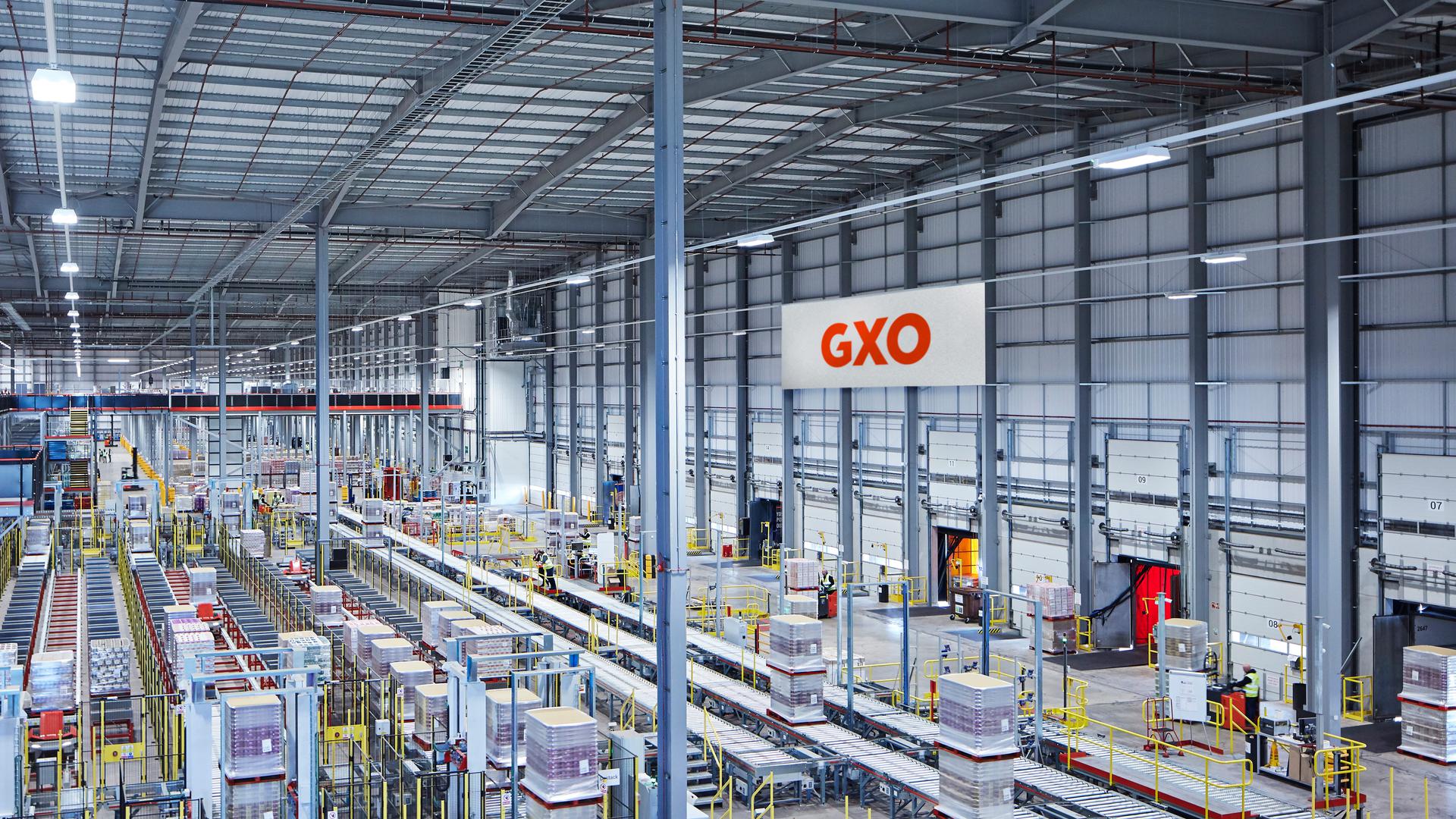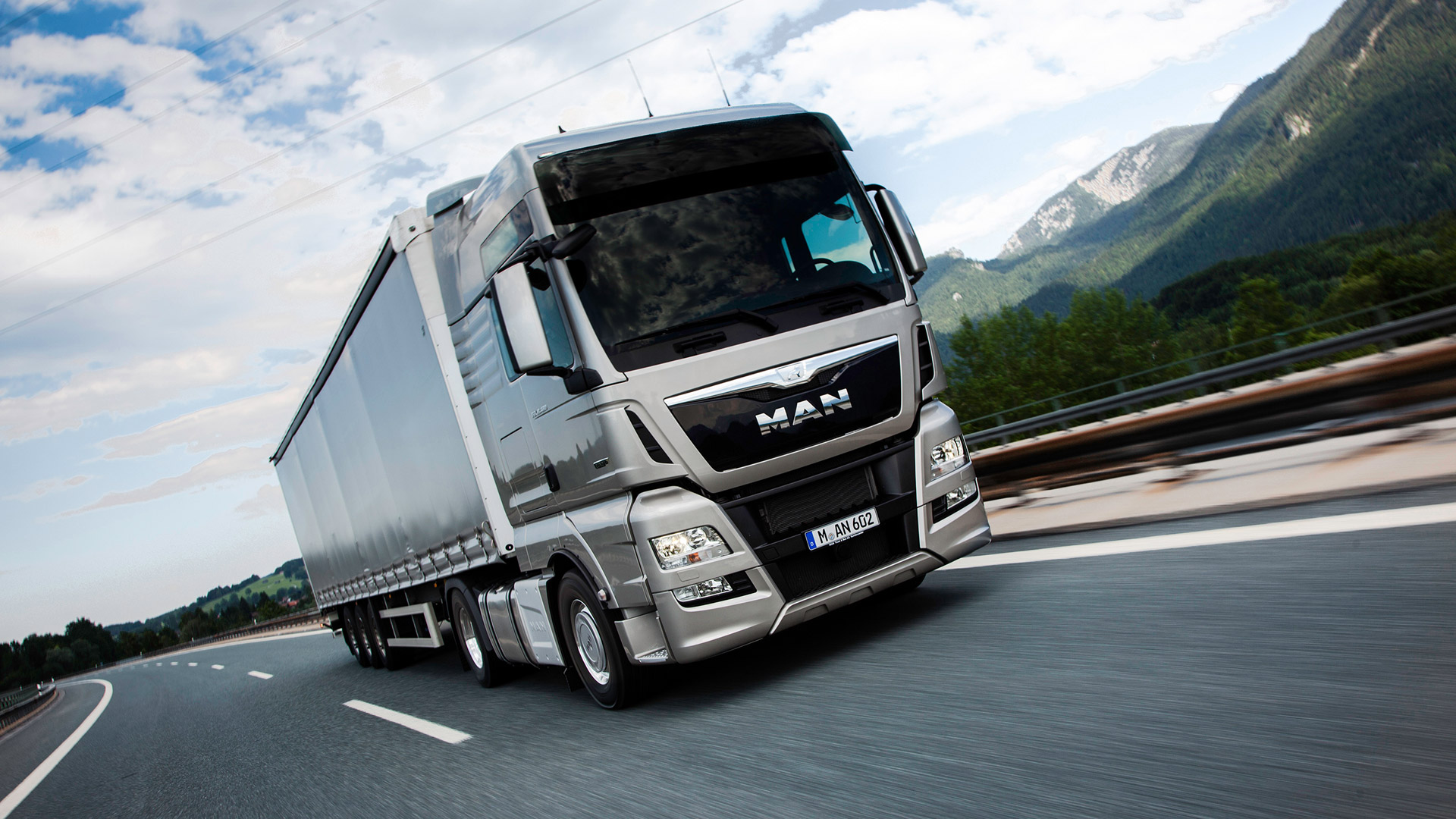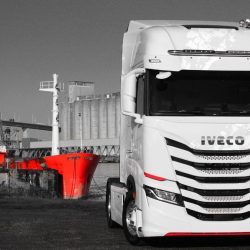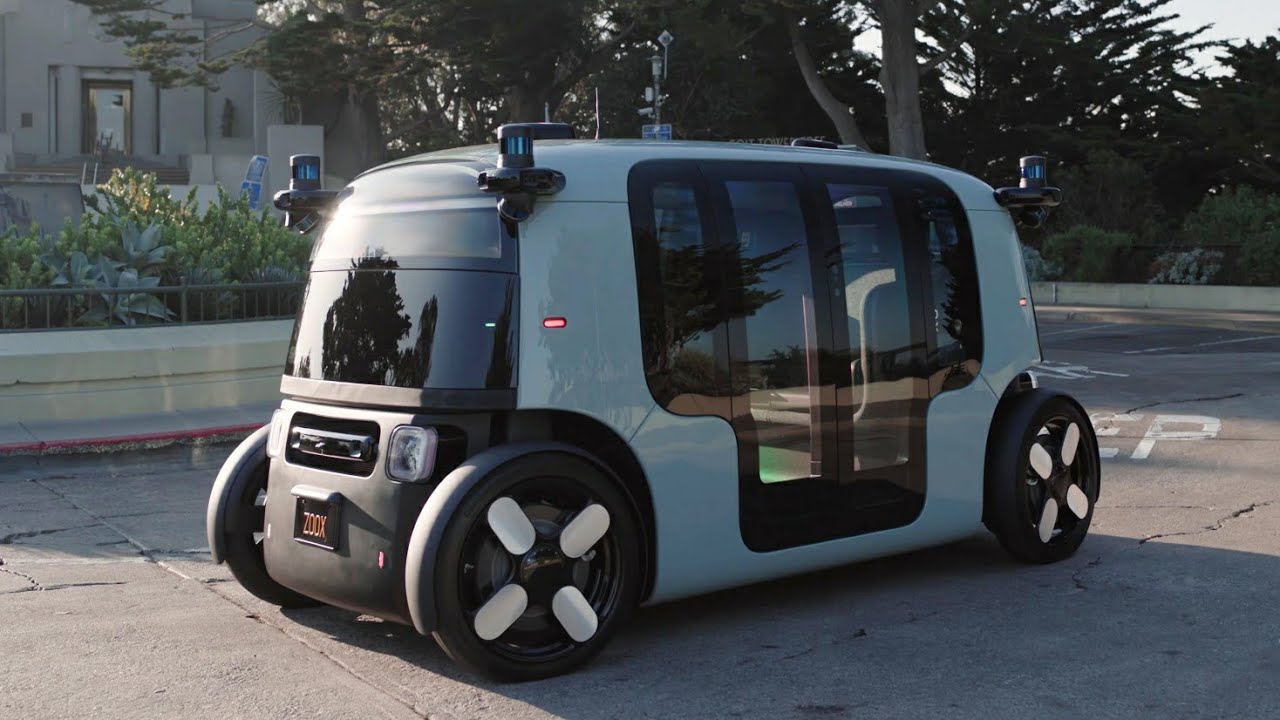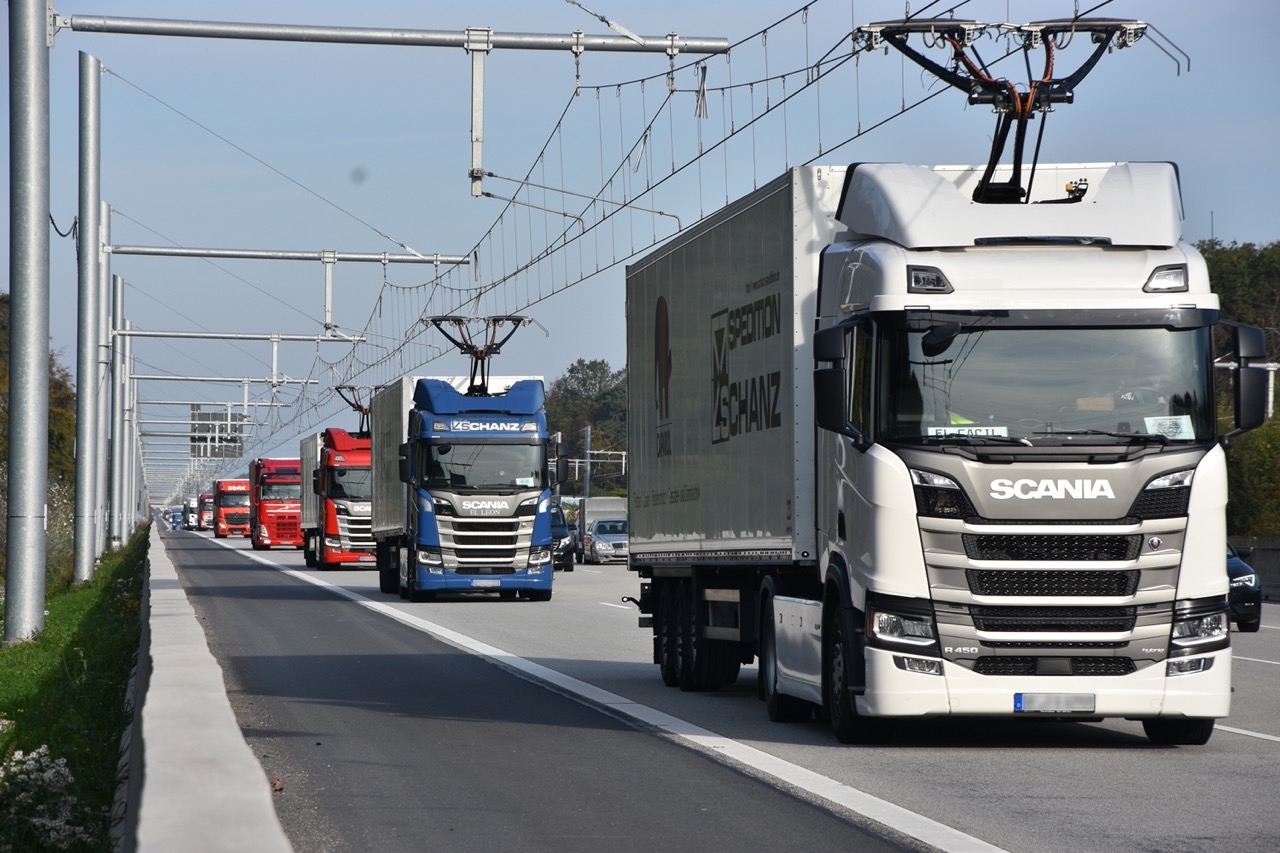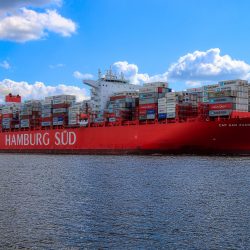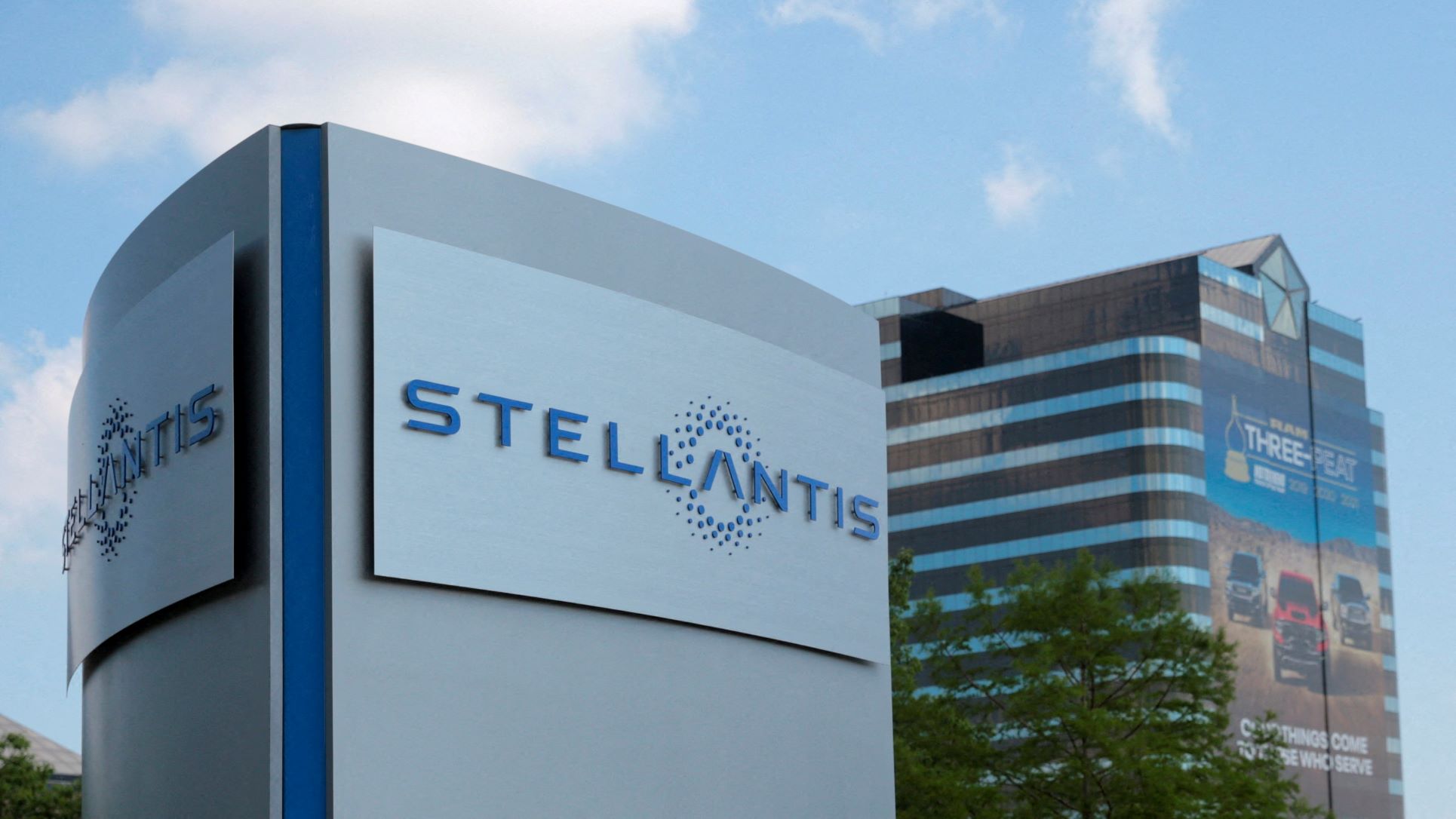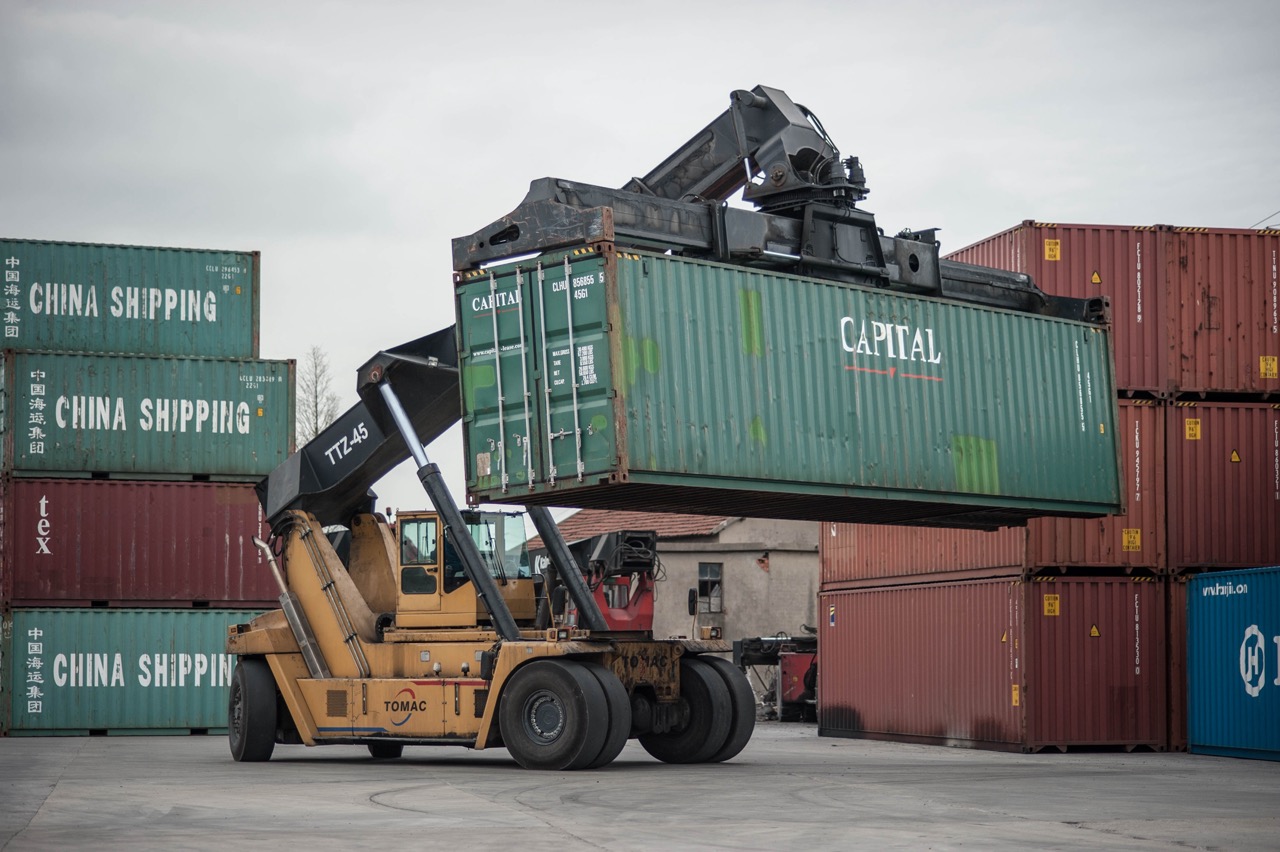Autonomous trucks will make it possible to deliver supplies to disaster zones
The UN is developing autonomous trucks to deliver goods to hard-to-reach areas. The organisation is implementing a new project to develop driverless trucks that can deliver critical products to natural disaster areas and regions with active fighting.
The focus is on developing a navigation system that provides satellite information for route planning. This will make it possible to send amphibious vehicles with valuable cargo to the world’s hot spots.
It’s worth noting that such trucks are already undergoing tests in Africa, but a driver operates the vehicle. The UN reports that there has been a recent increase in the number of attacks on lorries and that mission staff are suffering as a result. The organisation is therefore developing a drone delivery option. This way, the lives of drivers and attendants will not be in danger. There is also a growing need to deliver food and medical supplies to regions affected by active hostilities or natural disasters. Transport to such areas is often difficult or dangerous for carriers.
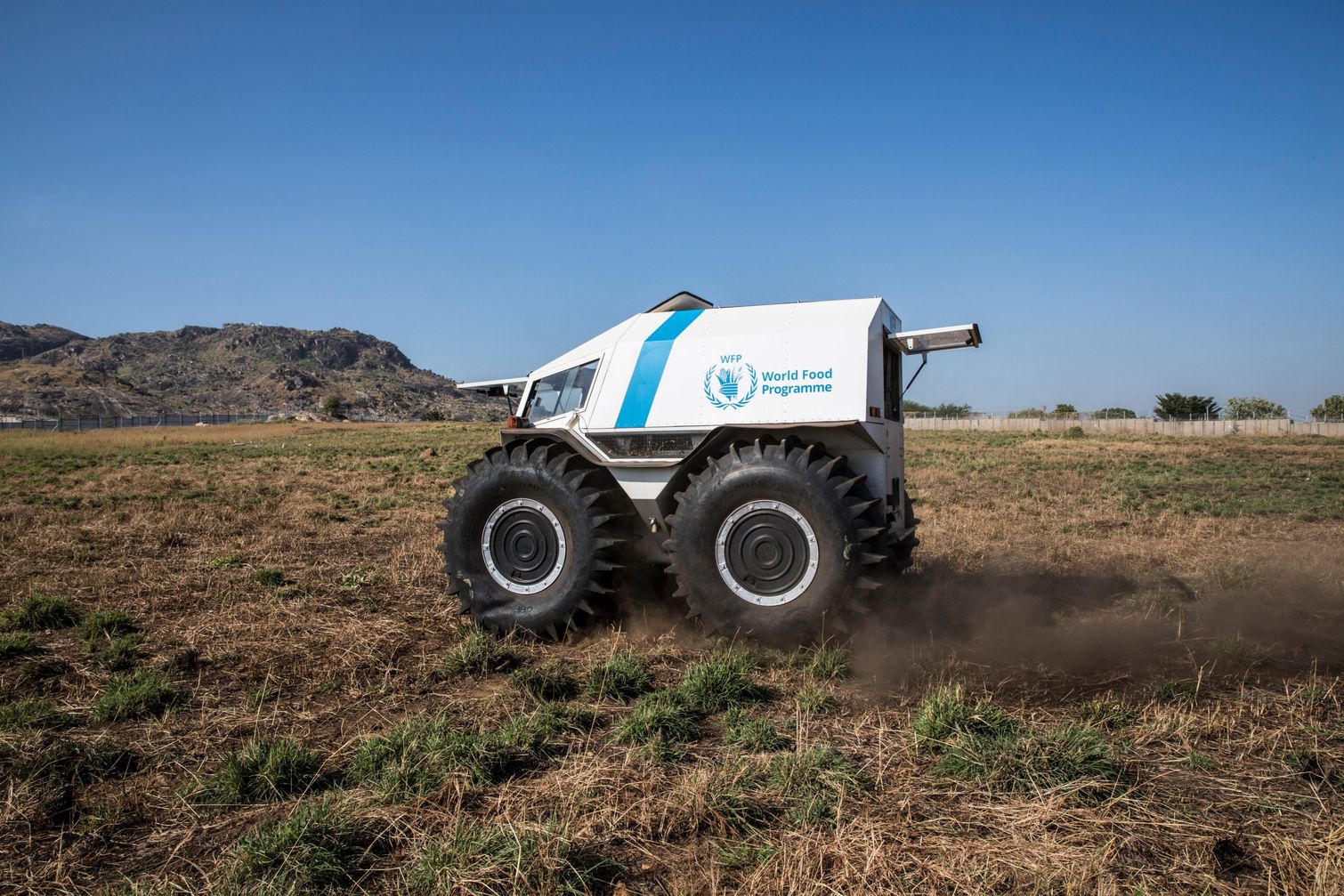
Features of the new autonomous trucks
UN officials believe that the implementation of a new project called AHEAD could be a further step in humanitarian aid. According to official information, autonomous transport will work as follows:
- artificial intelligence-based systems will control the trucks;
- they will be able to carry loads of 1-2 tonnes;
- the AI will receive information from various sources, including sensors and satellites. After processing this data, a route will be constructed;
- specialists will remotely monitor the truck’s movements.
It is not yet clear exactly when the autonomous transport project will operate. Most likely, it will be with the use of SHERP driverless cars. The developers are considering various options for organising transport in this way. One possibility would be a convoy of trucks, where the first vehicle would be under remote control. The other vehicles in the convoy would be programmed to follow the lead car at a set distance.
According to UN officials, the project has excellent potential for expansion. Currently, the delivery of goods to hard-to-reach or dangerous areas is an issue in various parts of the world, not just in Africa. If it is possible to arrange autonomous transport, many people in need will be able to get the help they need in a timely manner. At the same time, it will ensure the safety of UN staff, which is a priority for the organisation.

